
Southern Butter Mint Cookies
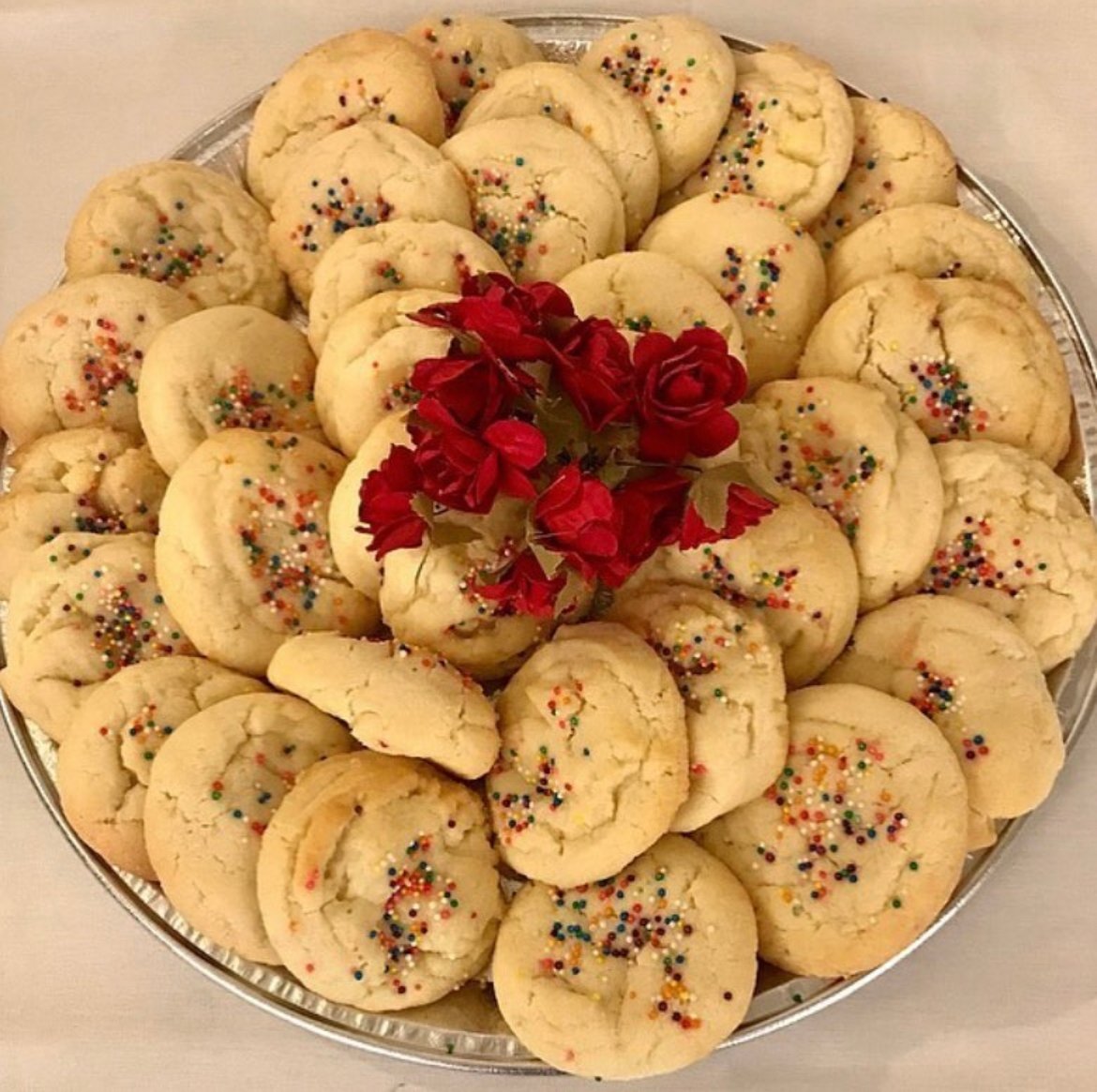
Butter Sprinkles
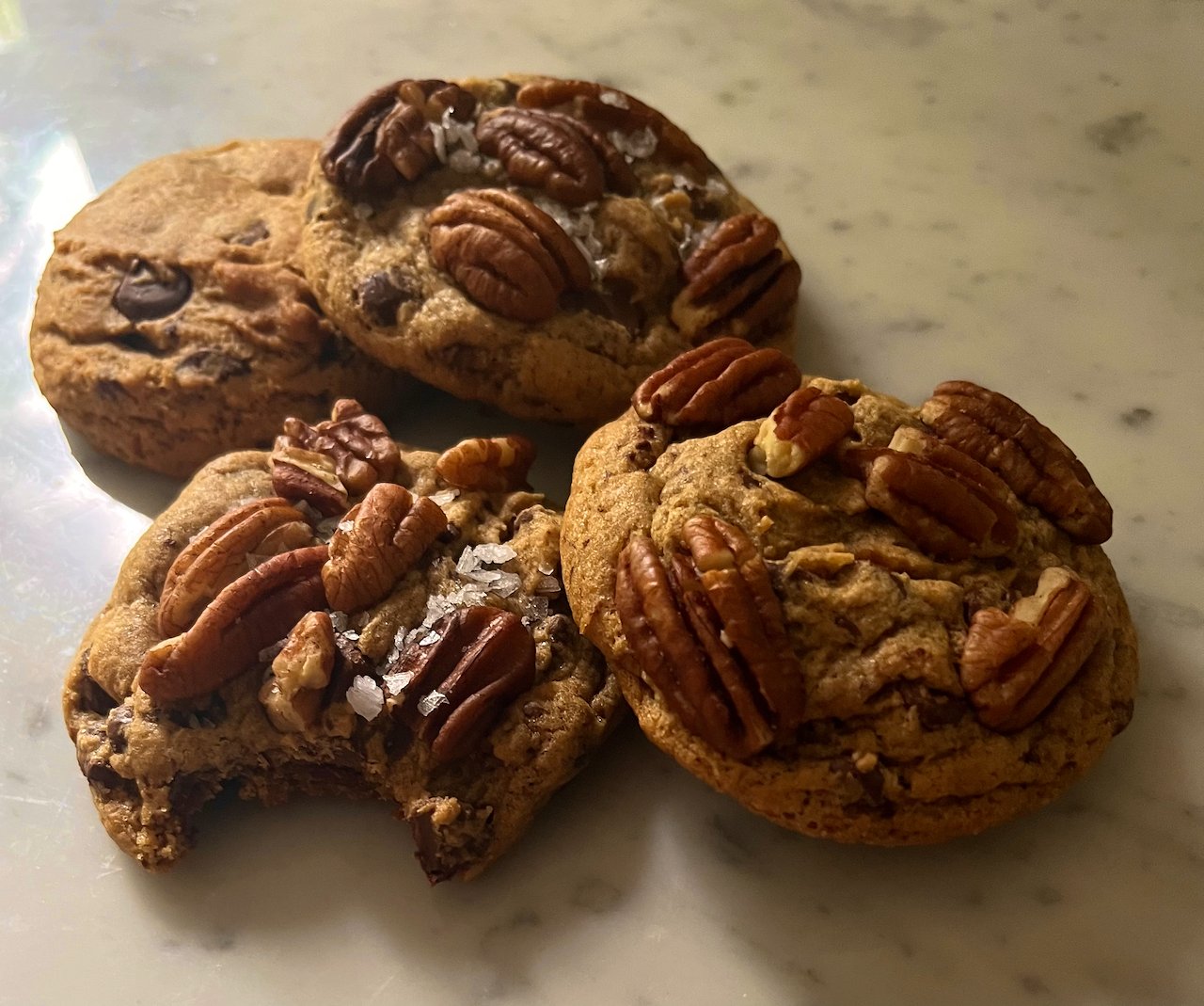
Signature Chocolate Chip-Pecan Cookies
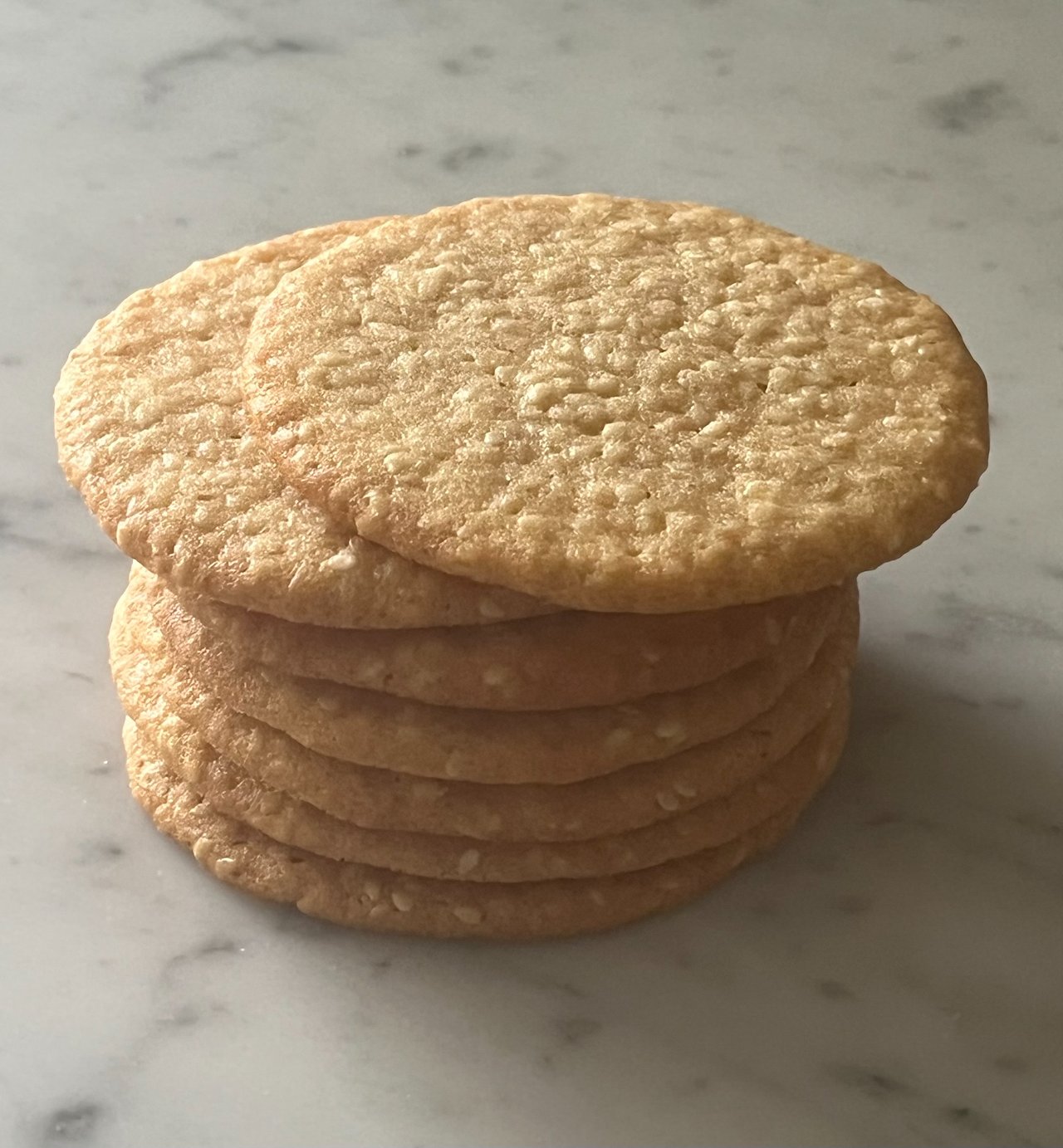
Benne Seed Wafers (South Carolina Sesame Cookies)
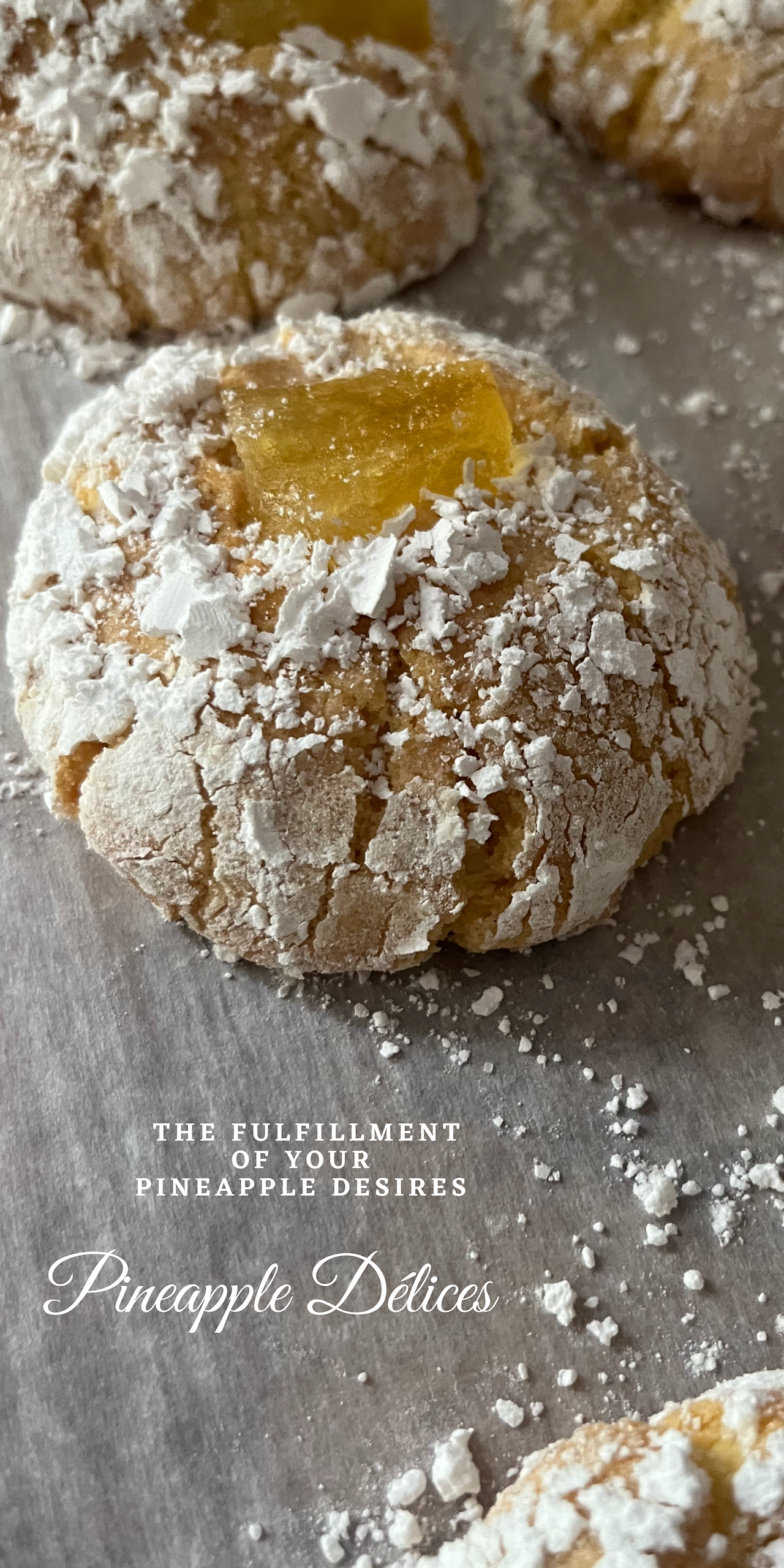
Pineapple Délices
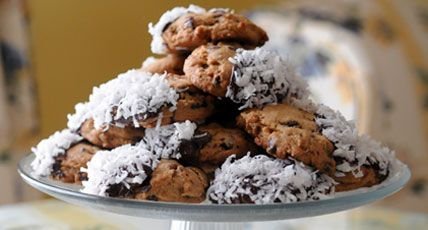
Chocolate-Dipped Chocolate Chip Cookies with Coconut
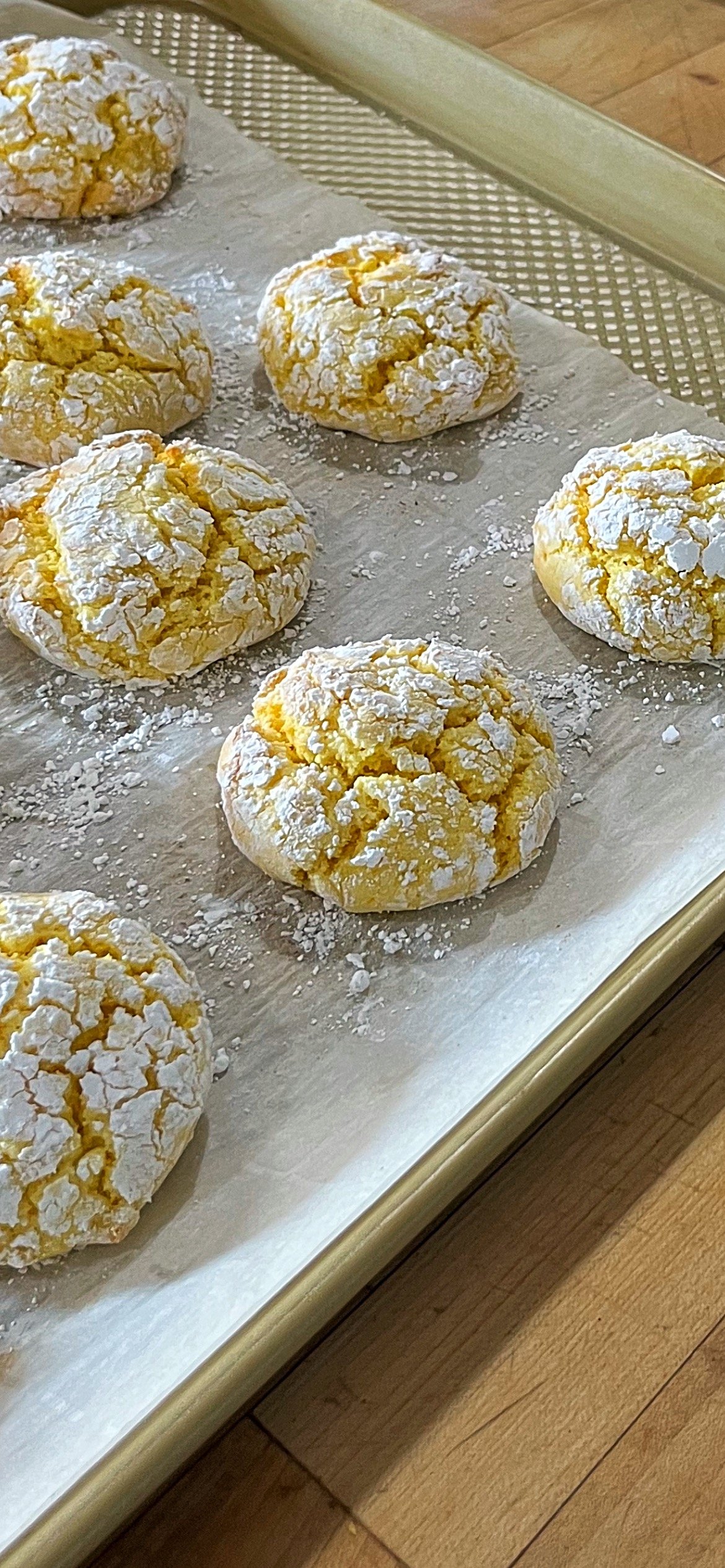
In our commercial kitchen baking Lemon Crinkles for a summer brunch party. 🍋🍋🍋
The quality of the organic fresh lemons and the amount we use of the WHOLE lemon is what sets these babies apart from other crinkles you may try. Super zesty!

Southern Lace Cookies
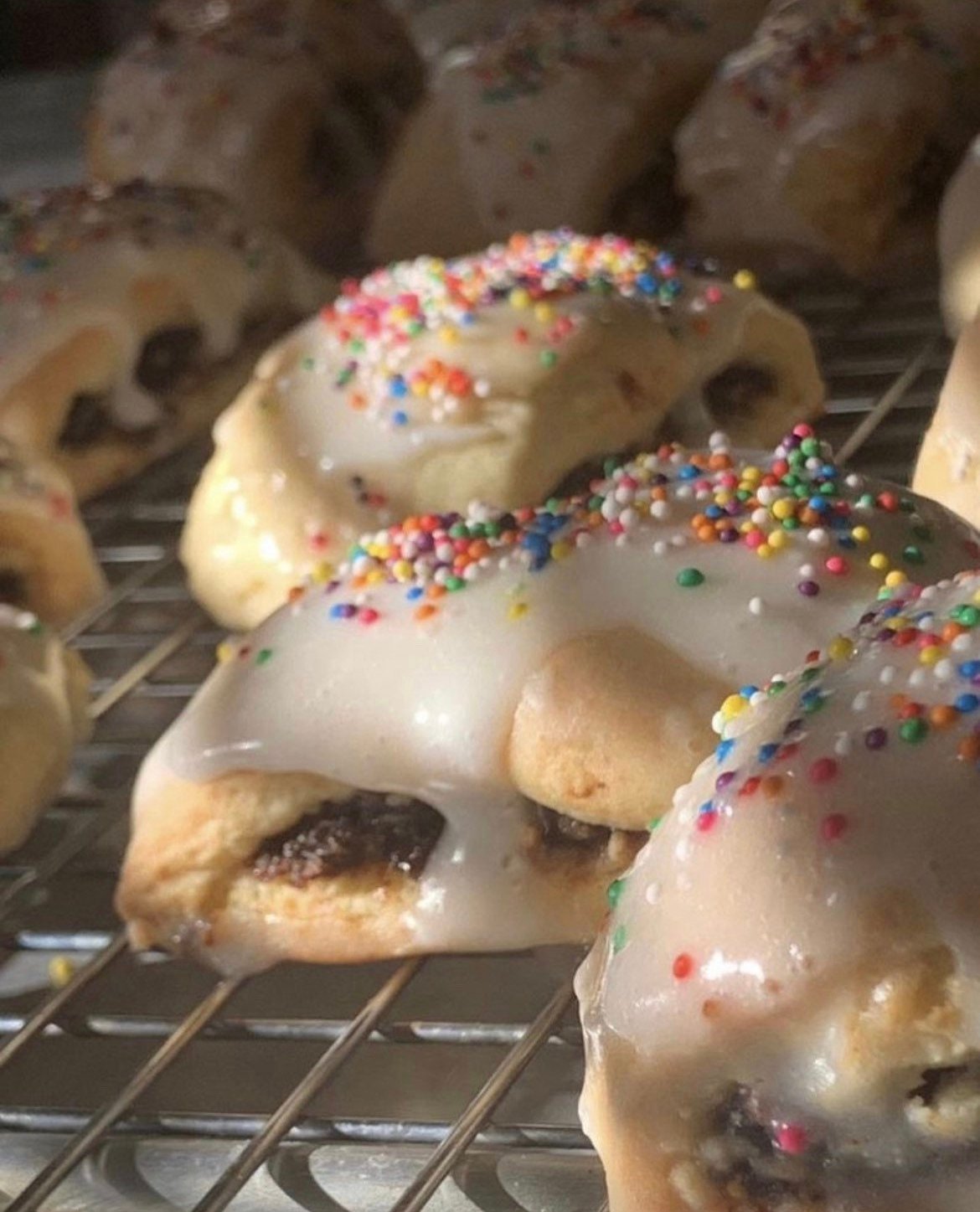
Iced Fig Newtons
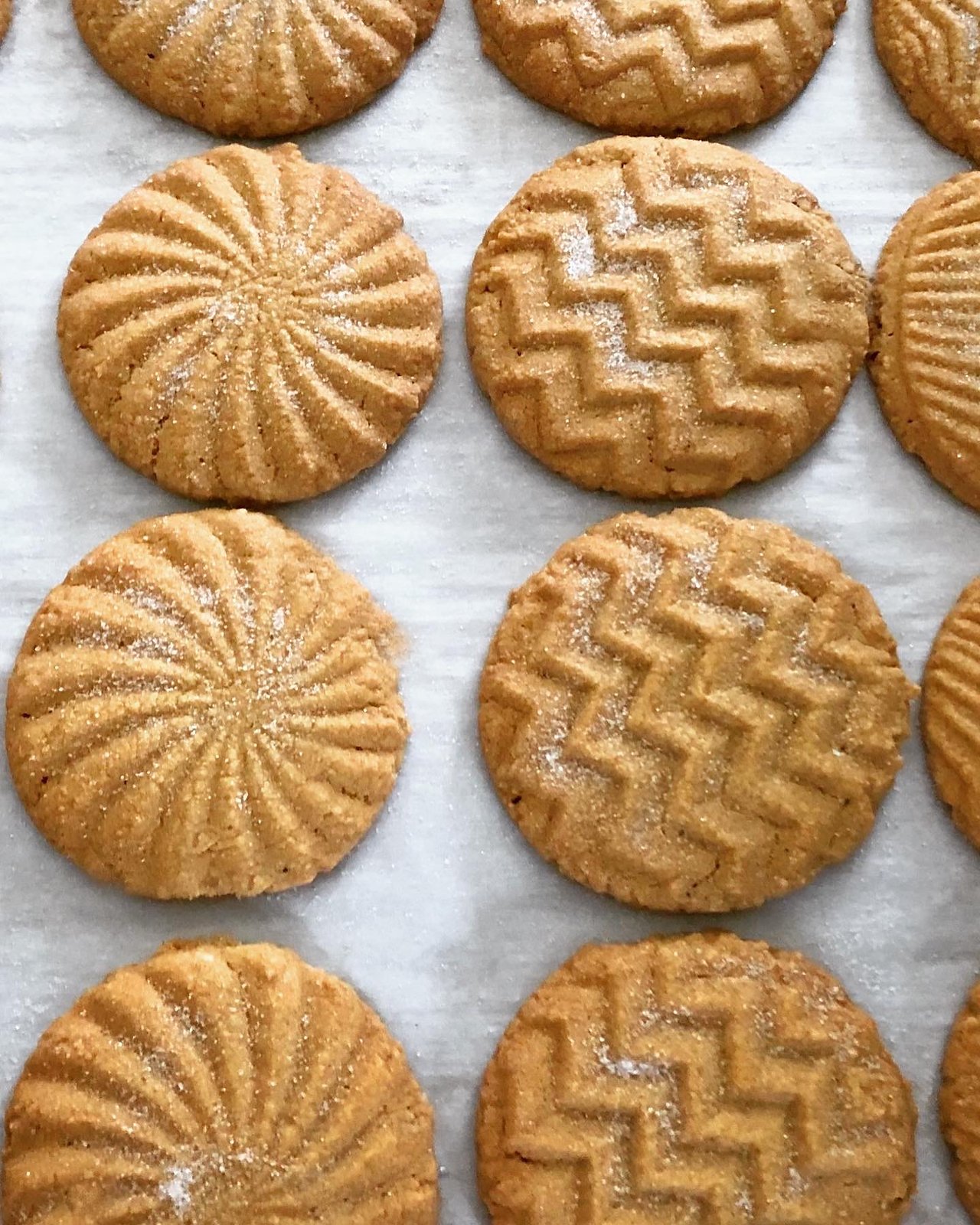
Peanut Butter Cookies
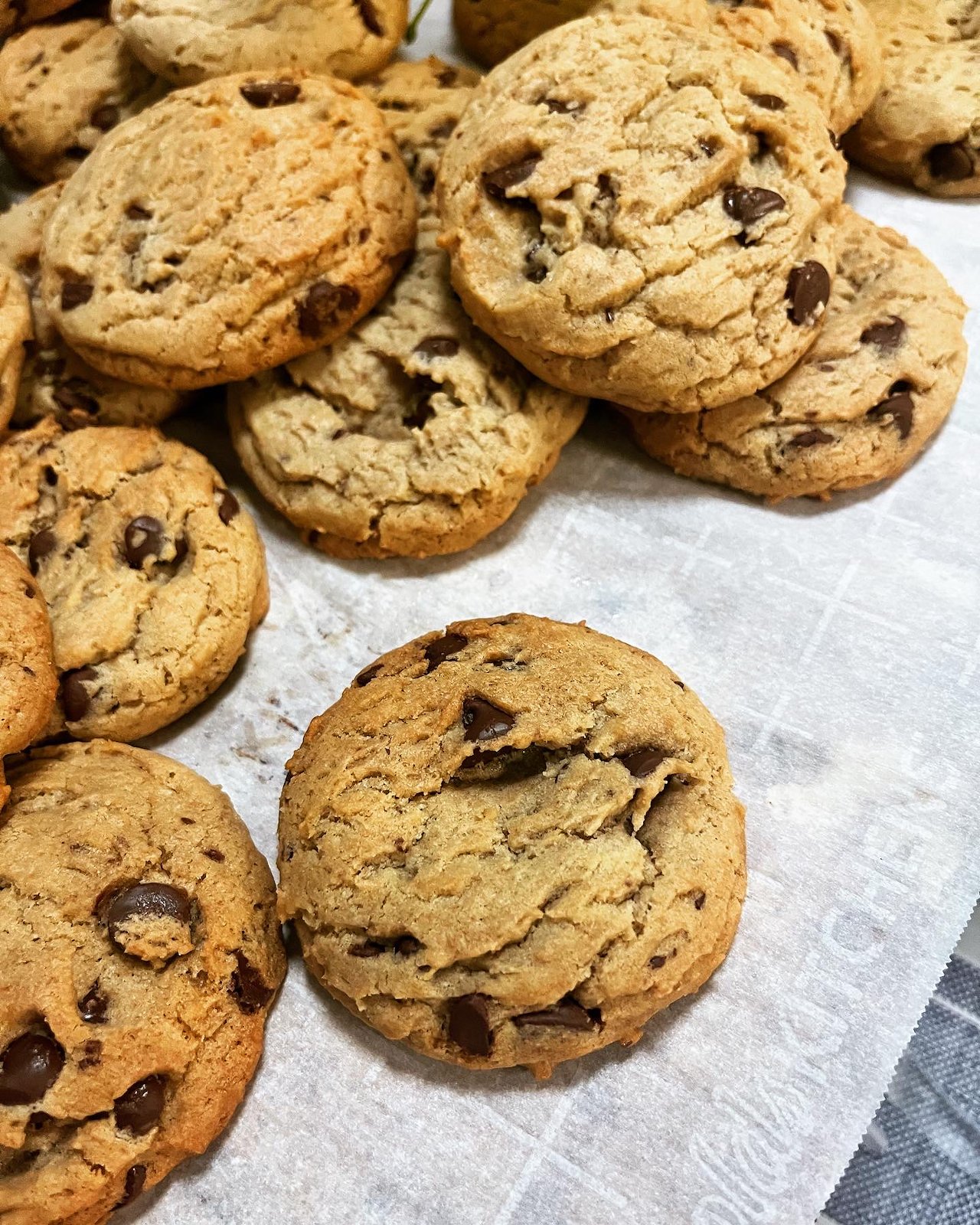
Signature Chocolate Chip Cookies
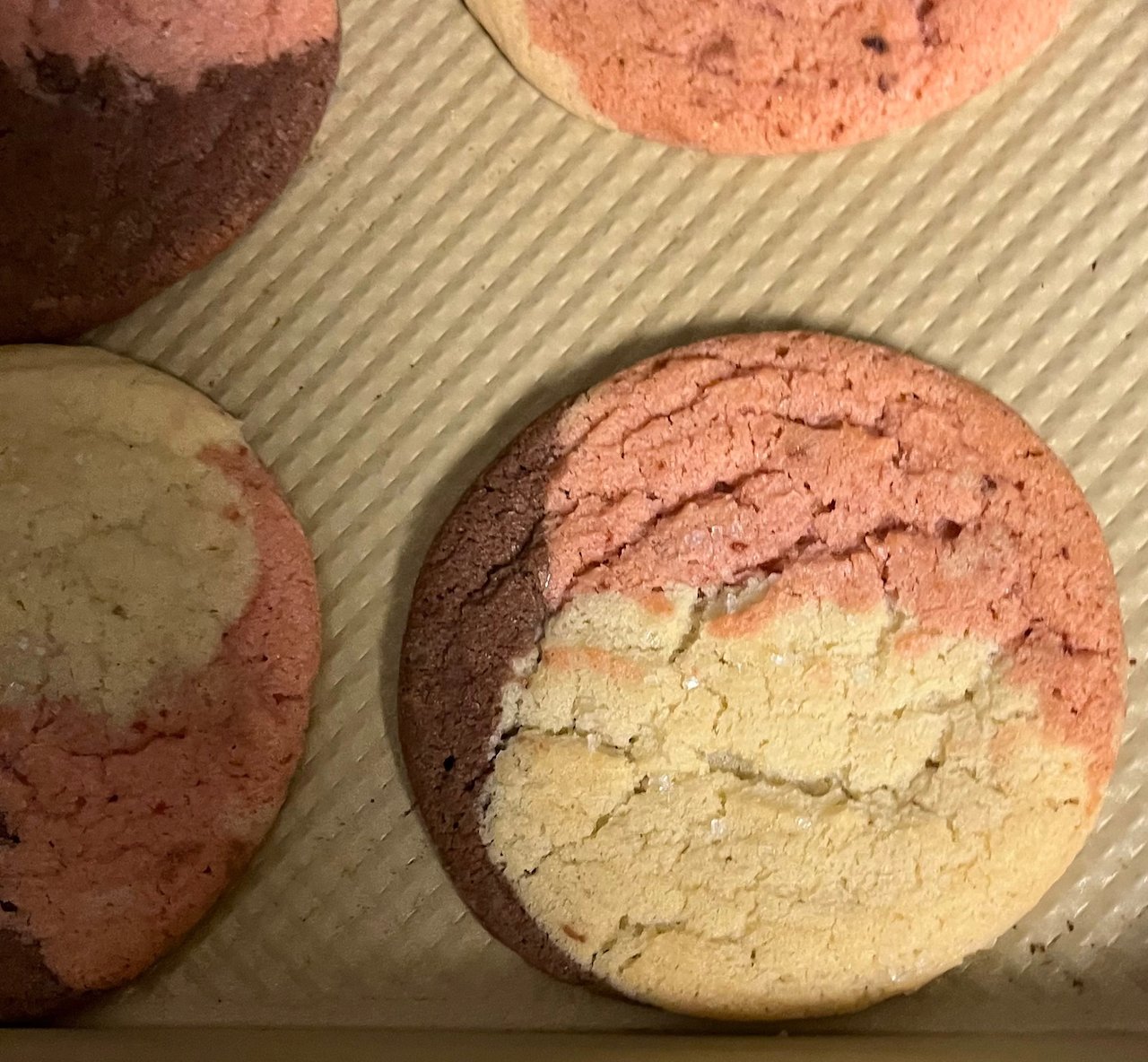
Neapolitan Cookies
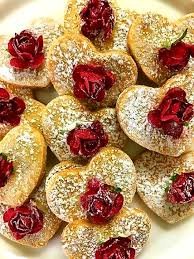
Cookie Heart Favors
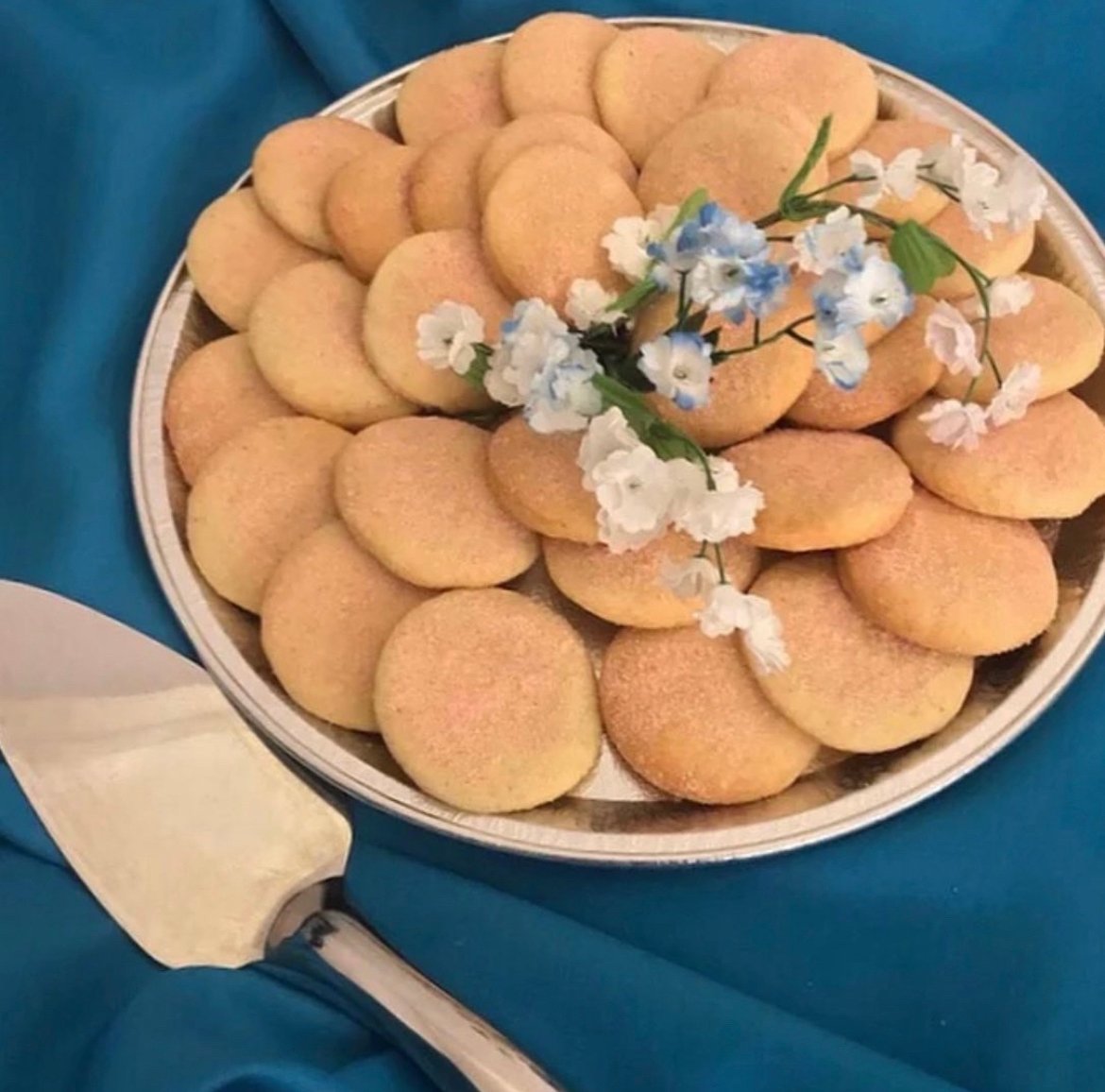
Southern Tea Cakes

Pillowy Lemon Drops
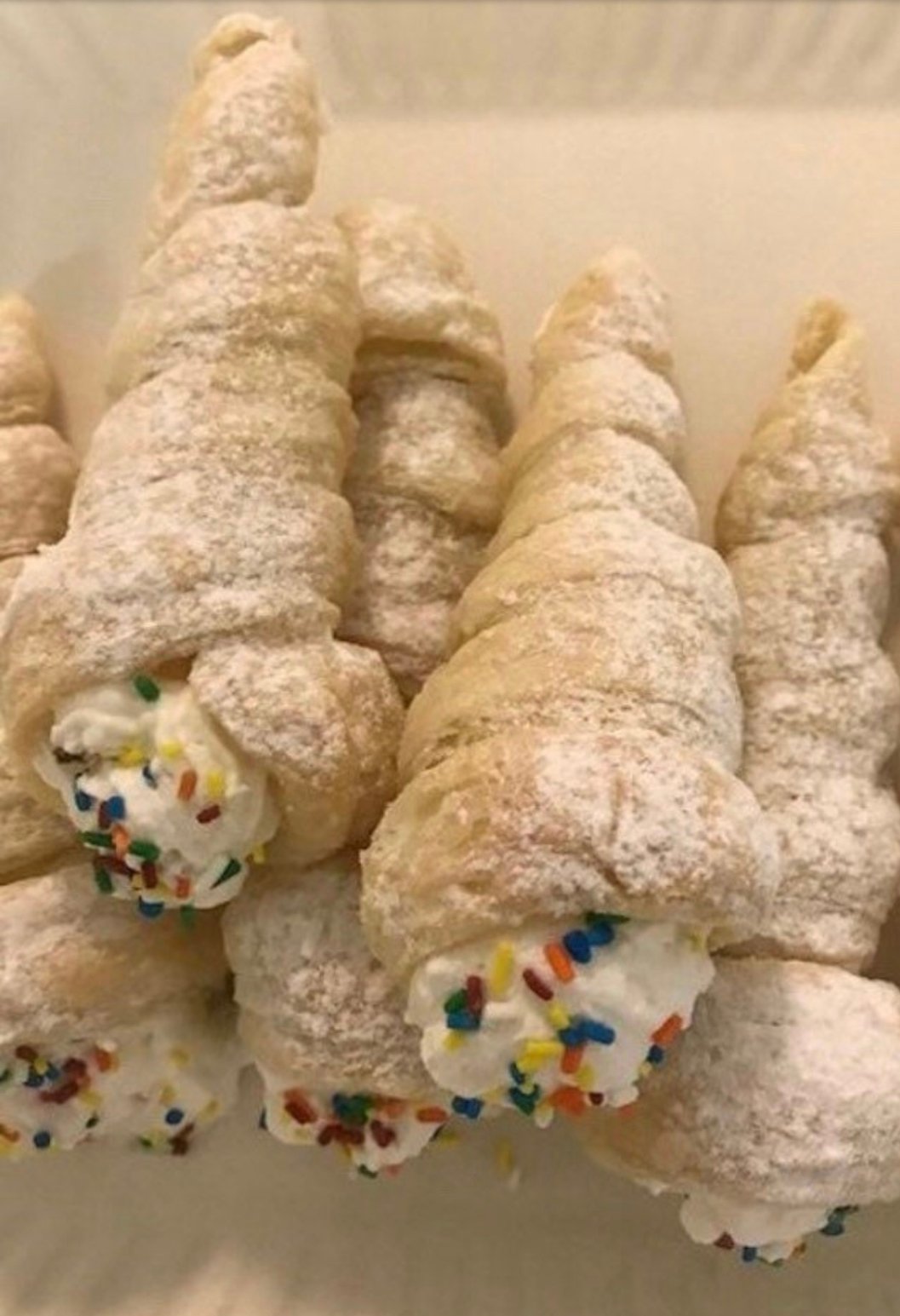
Lady Locks
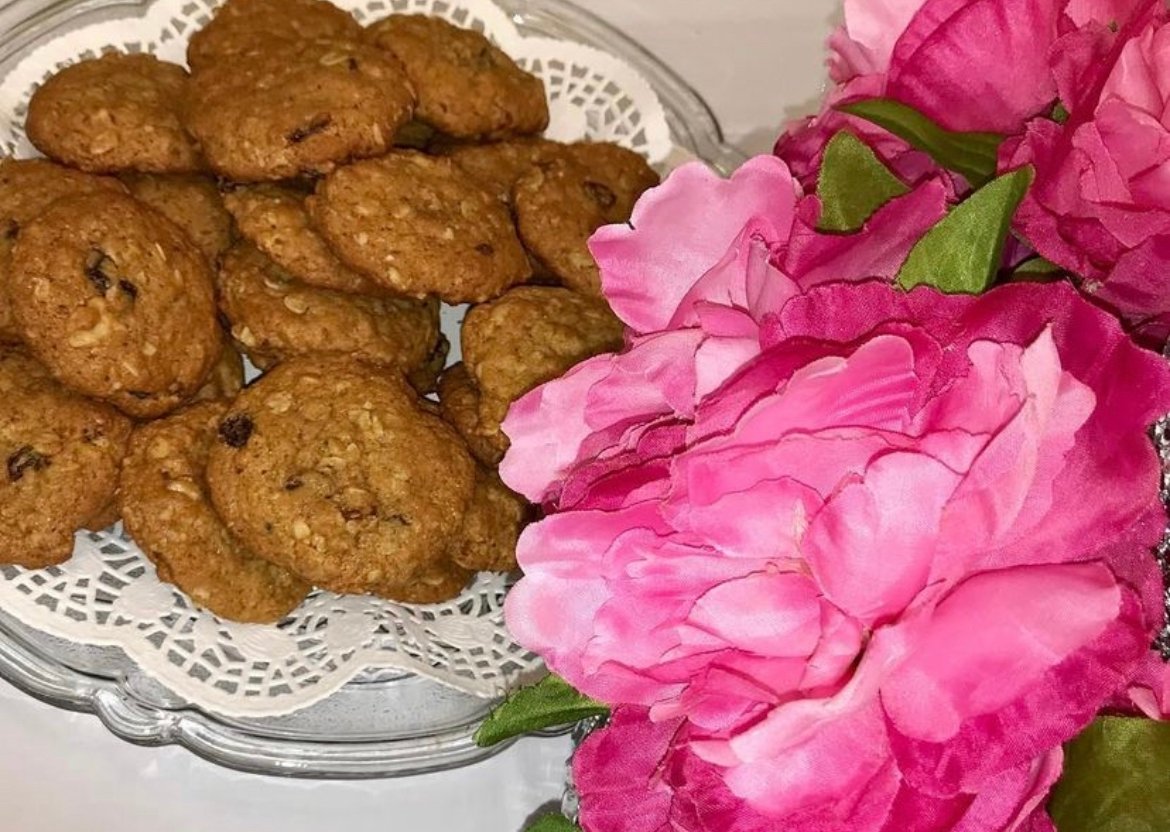
Oatmeal-Raisin Cookies
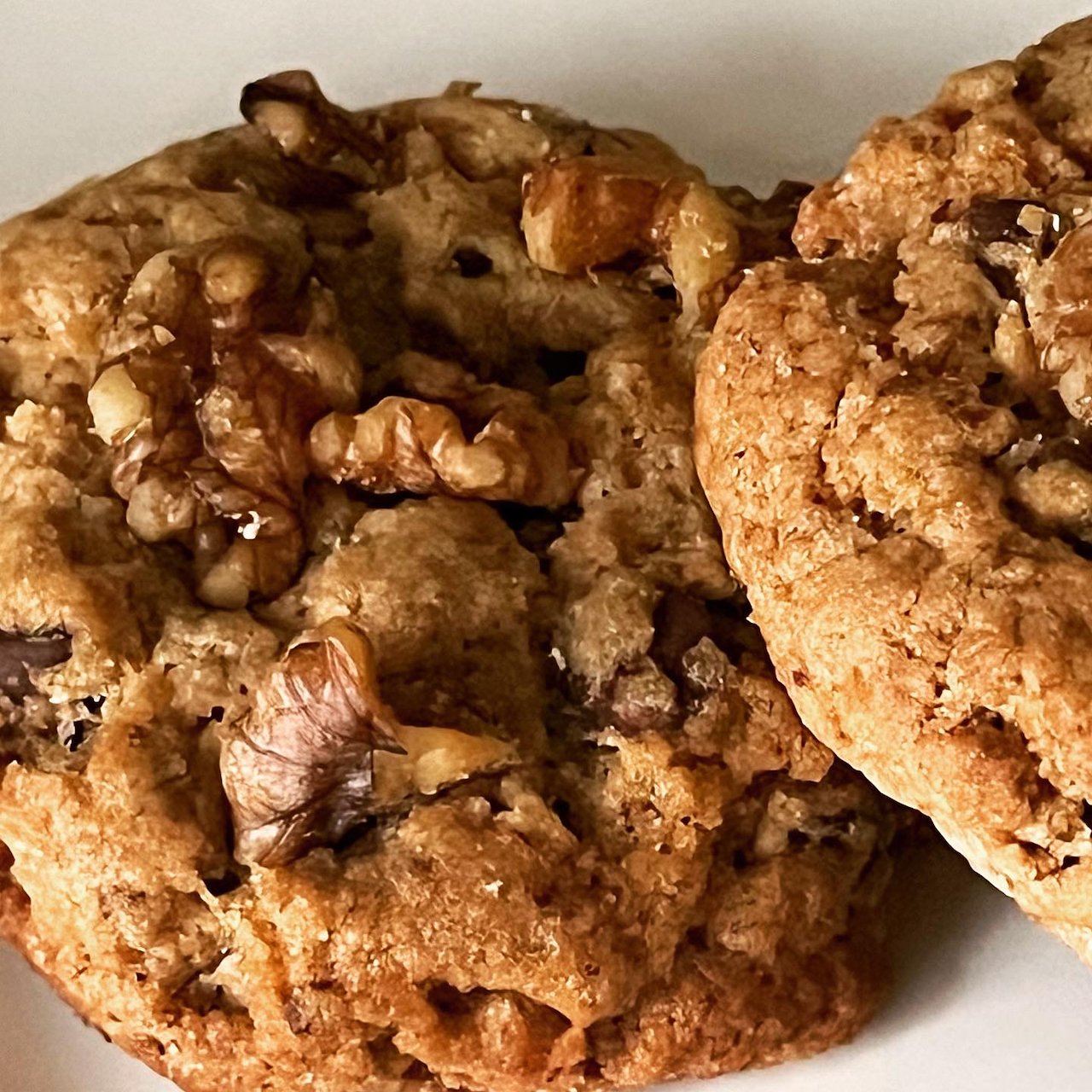
French Method Chocolate Chip Cookies
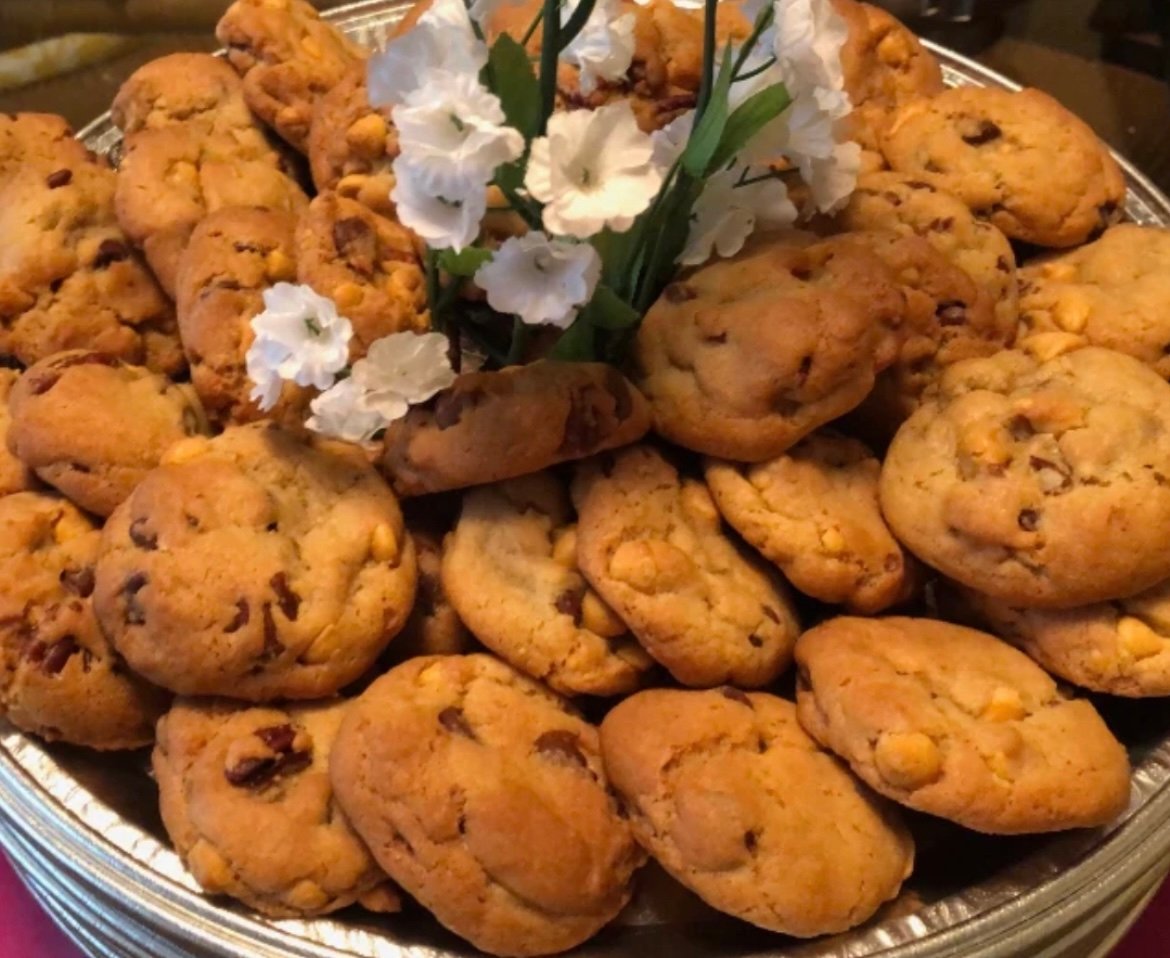
Orange, Cranberry and Walnut Cookies
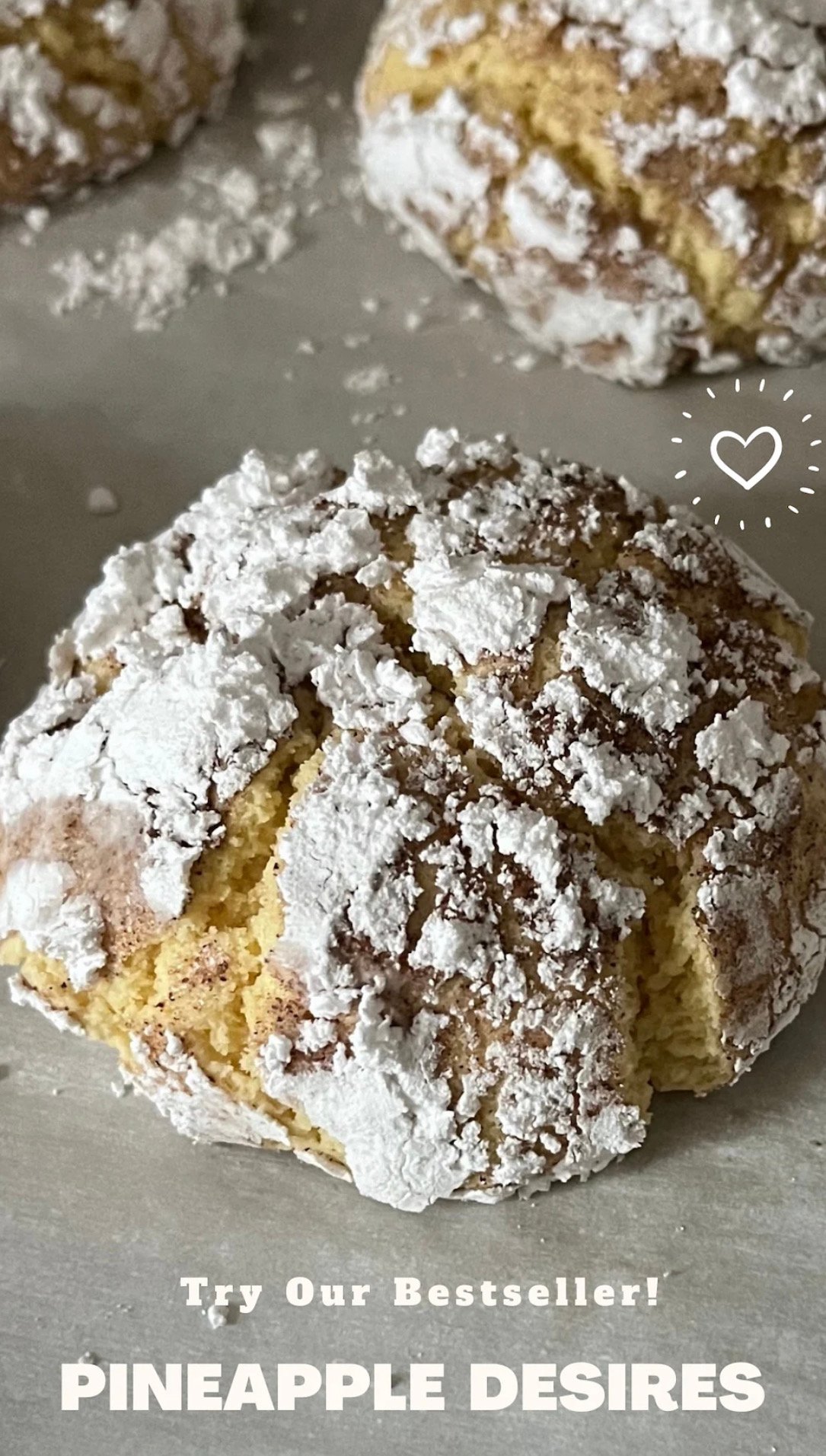
Pineapple Desires

Google Review
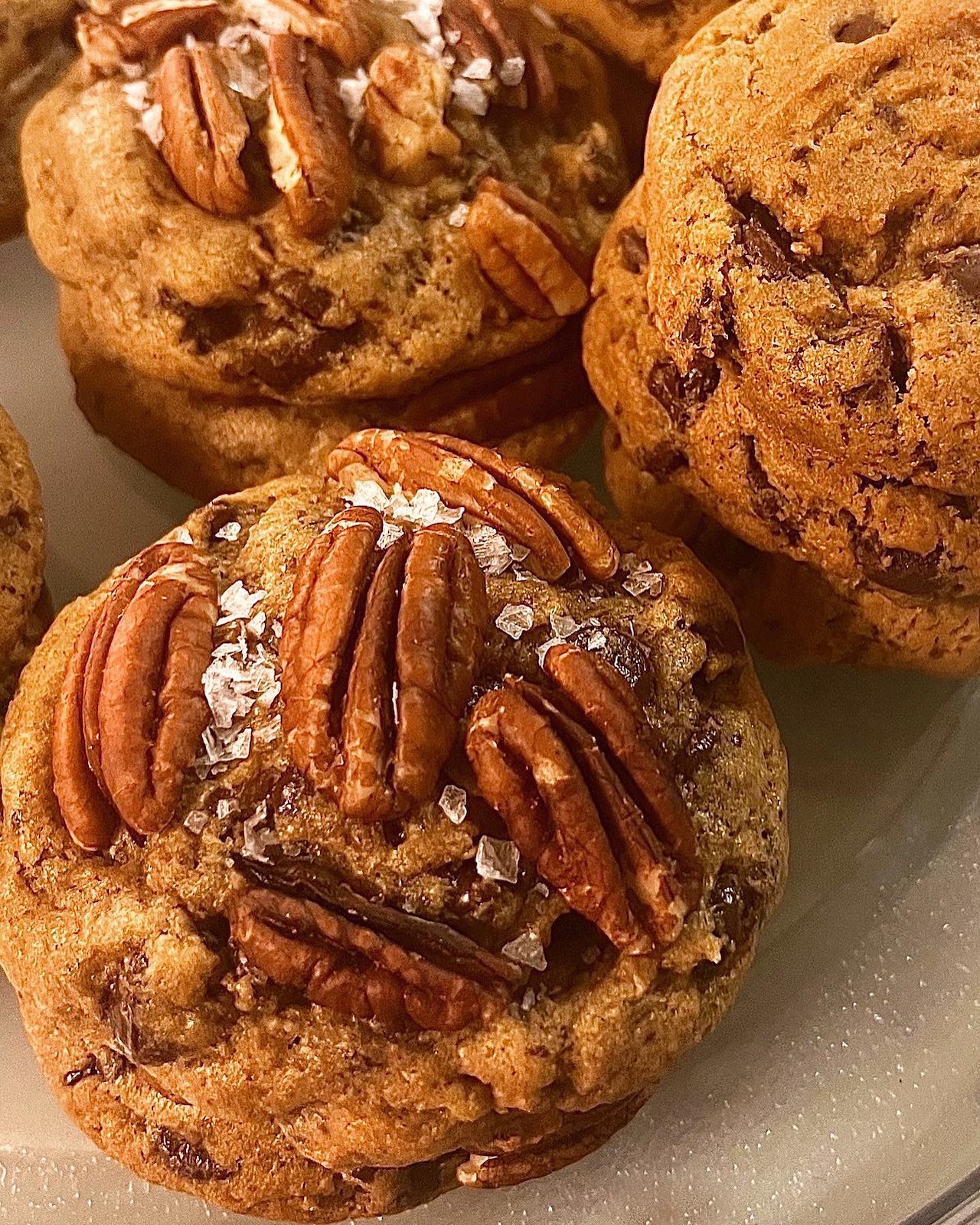
Rummy Chocolate Chip Cookies with Maldon Sea Salt
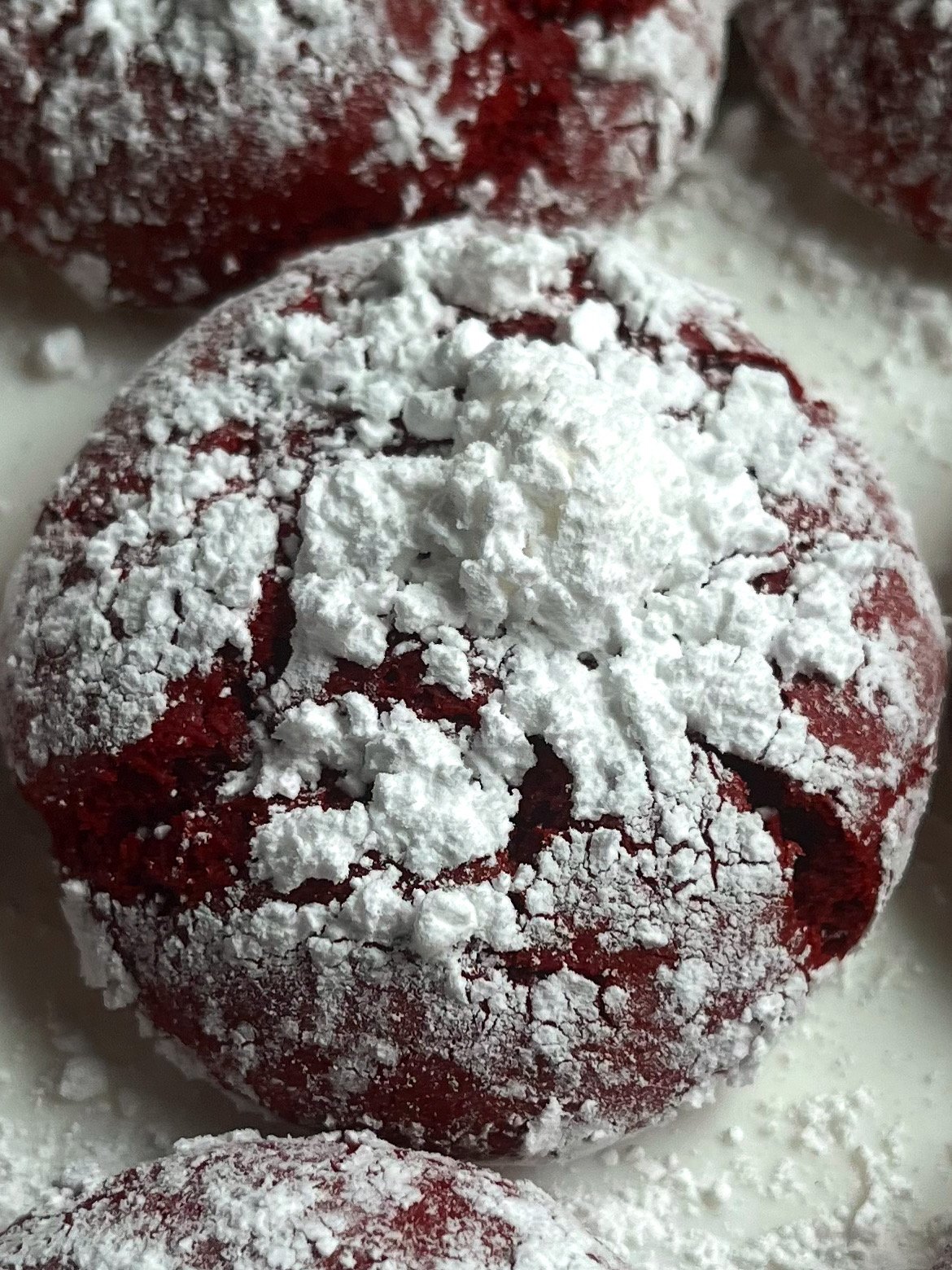
Southern Red Velvet Crinkles
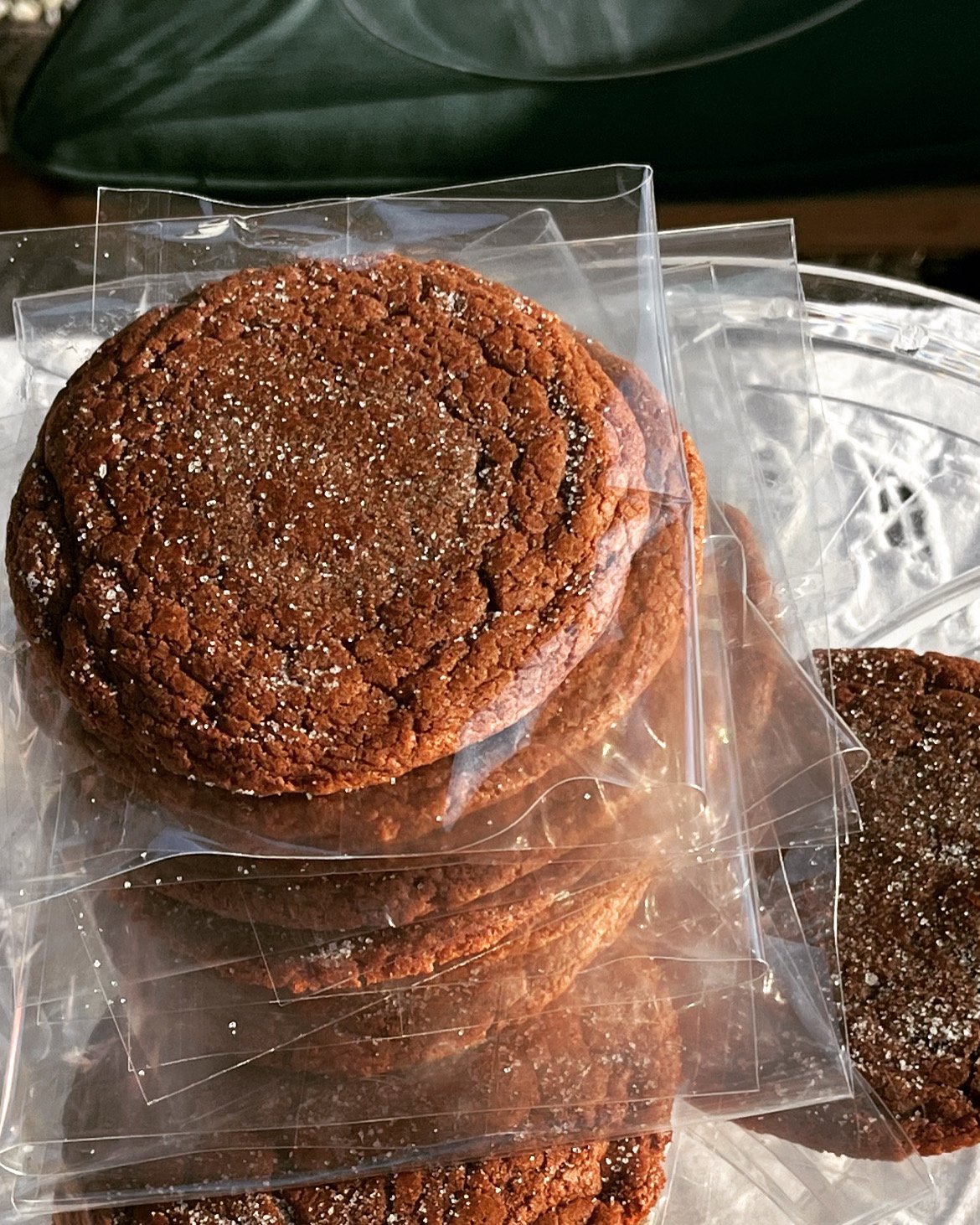
Nutella Cookies
Southern tea cakes are a type of cookie that originated in the southern United States. They are typically sweet and buttery, with a soft and cakelike texture. Tea cakes are often flavored with vanilla, almond extract or lemon zest, and they can be enjoyed on their own or served with tea or coffee.
In Foundational Black American culture, tea cakes were often made by enslaved people using simple ingredients like flour, sugar, butter, and sometimes spices. Tea cakes were a symbol of creativity and resourcefulness, as enslaved individuals used these basic ingredients to create a delicious treat.
Tea cakes also served as a form of sustenance and comfort during challenging times. They were often shared among family and community members, bringing people together and providing a sense of unity and support.
Black Americans often sold tea cakes as a means of earning money, especially after emancipation when economic opportunities were scarce. These cakes were sold within their communities or at local markets. The funds raised from selling tea cakes were often used to support families, fund community projects, and assist with education and church activities. Selling tea cakes became a symbol of entrepreneurship and resilience, helping to build financial independence and community solidarity.
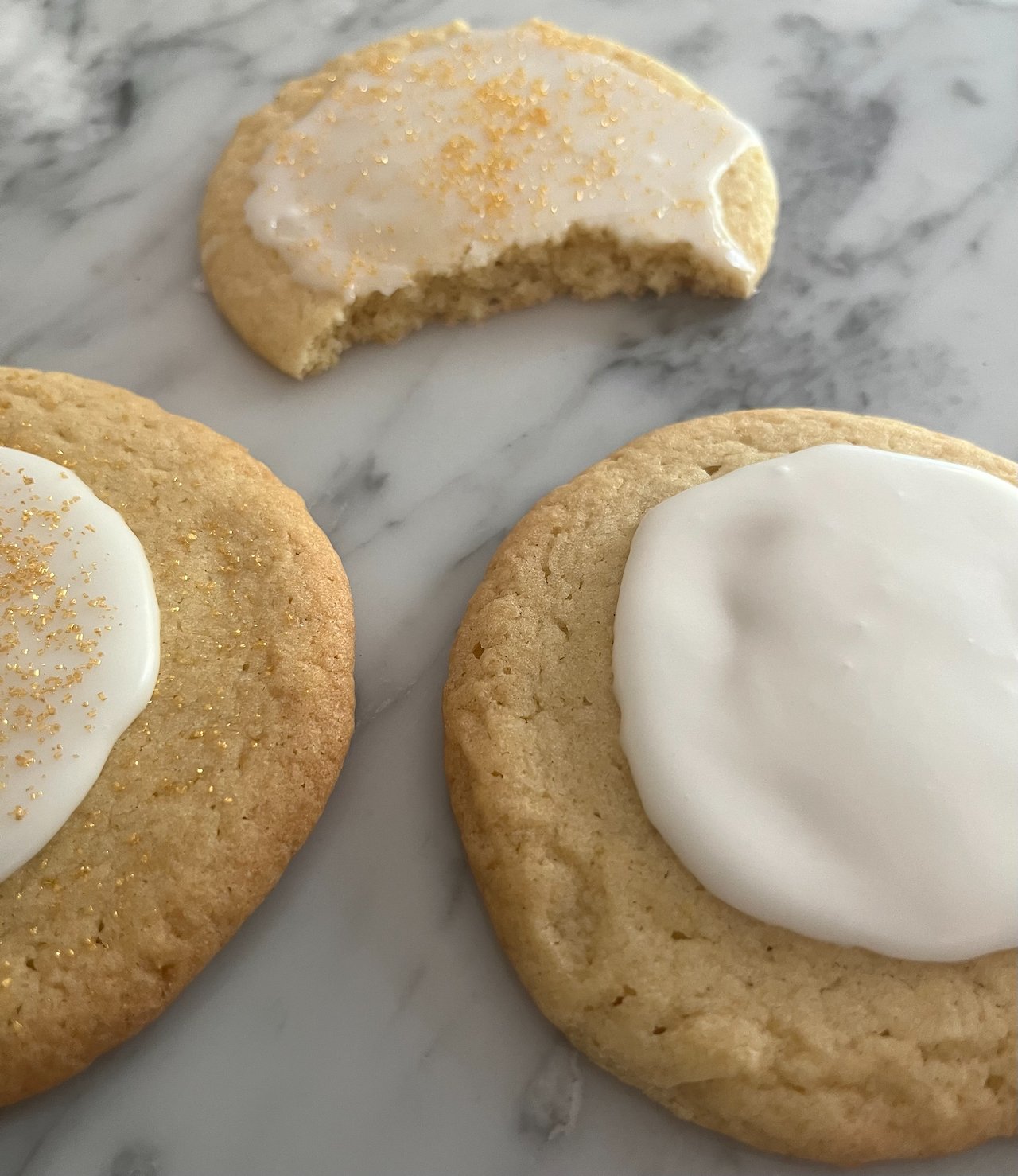
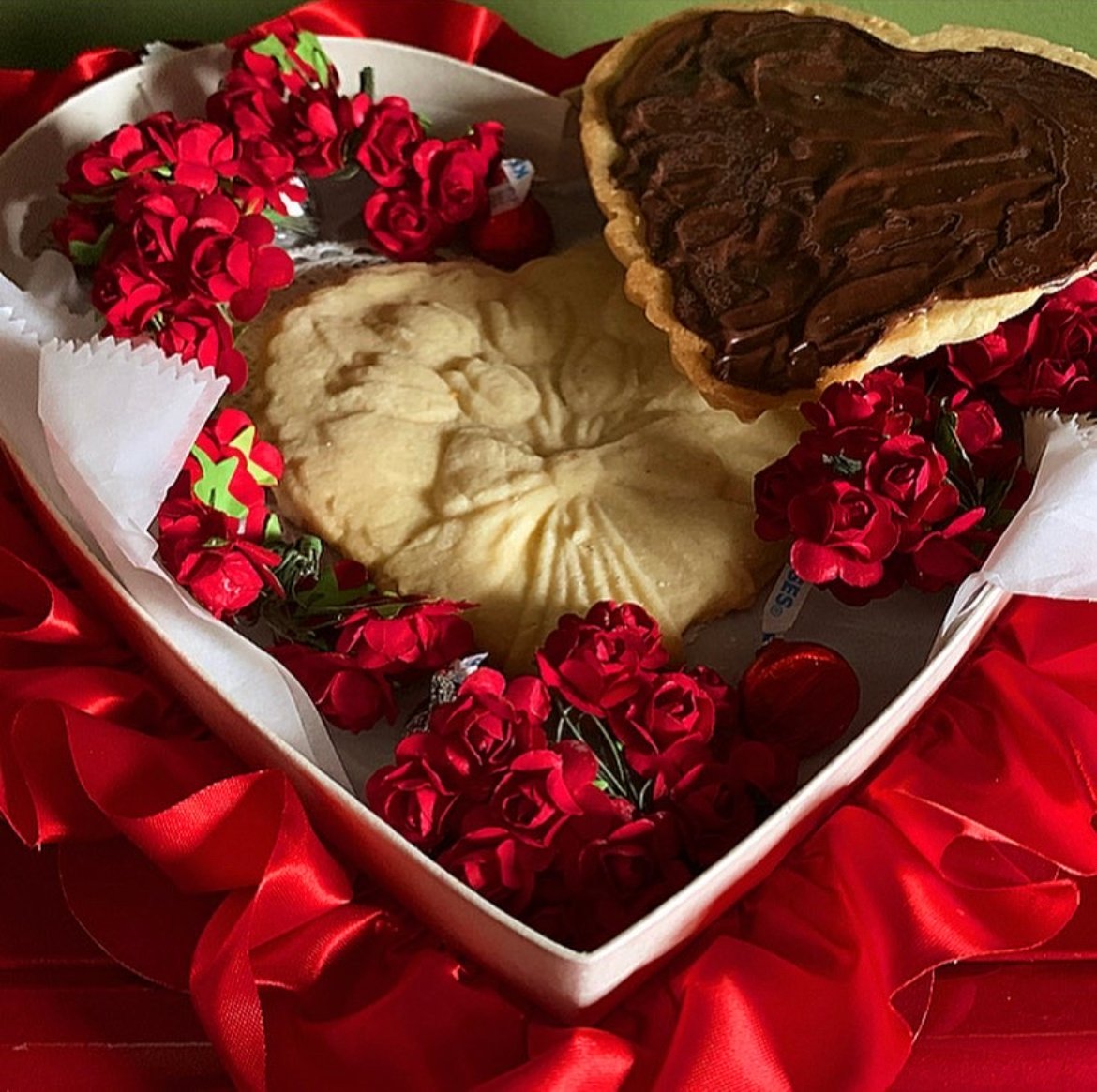
Nutella Bliss Cookie Box

Almond, Lemon or Vanilla Flavors also Available